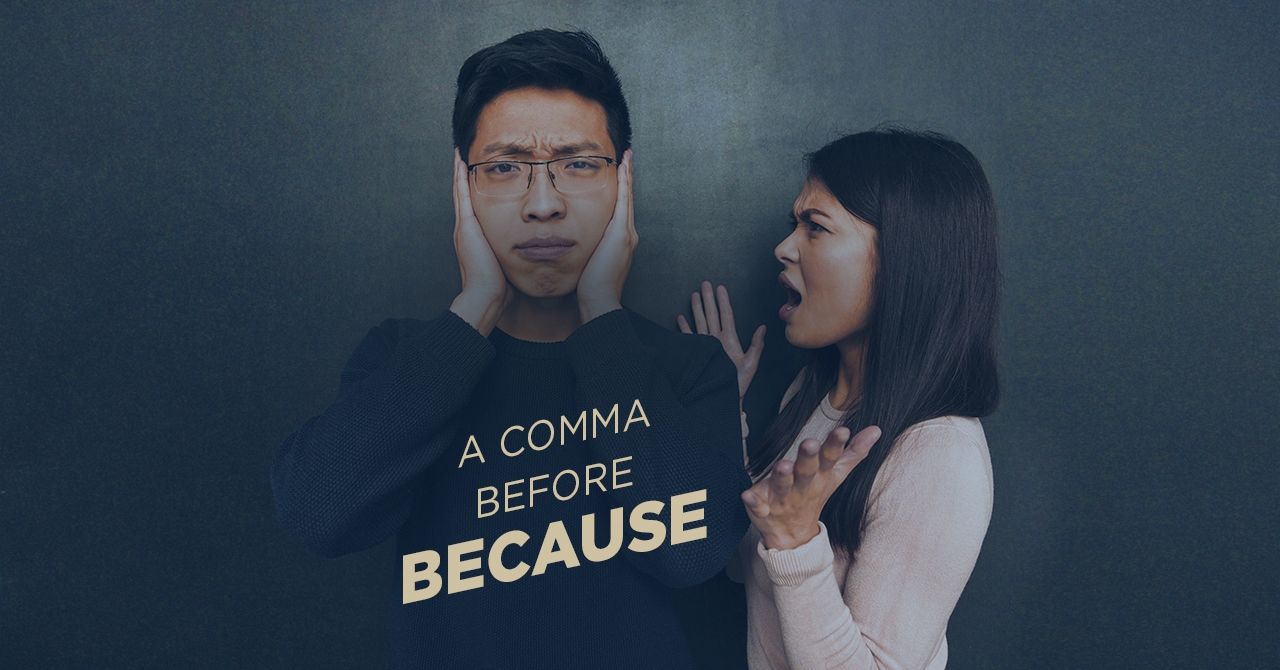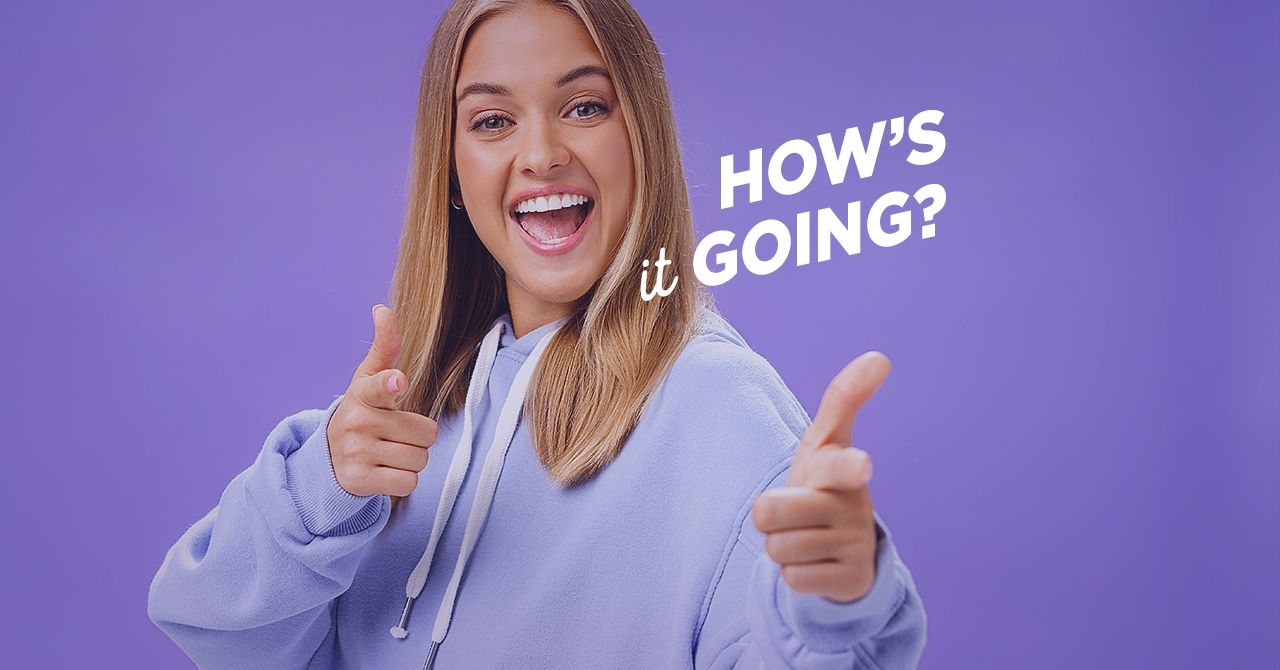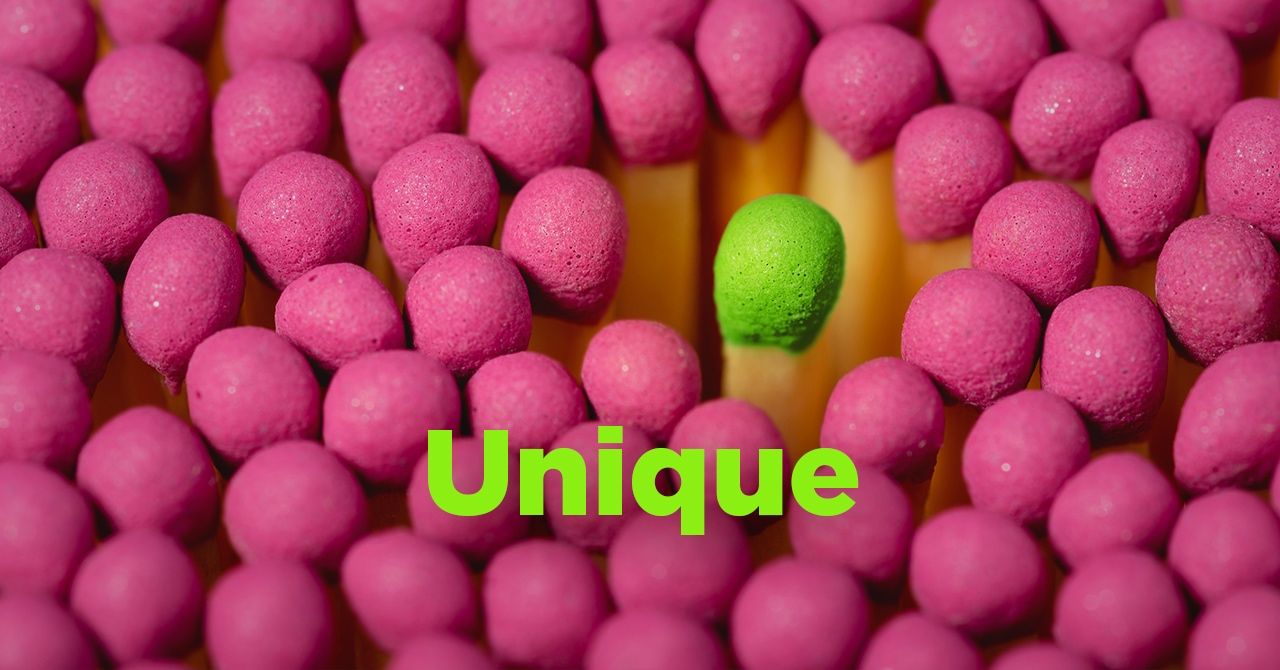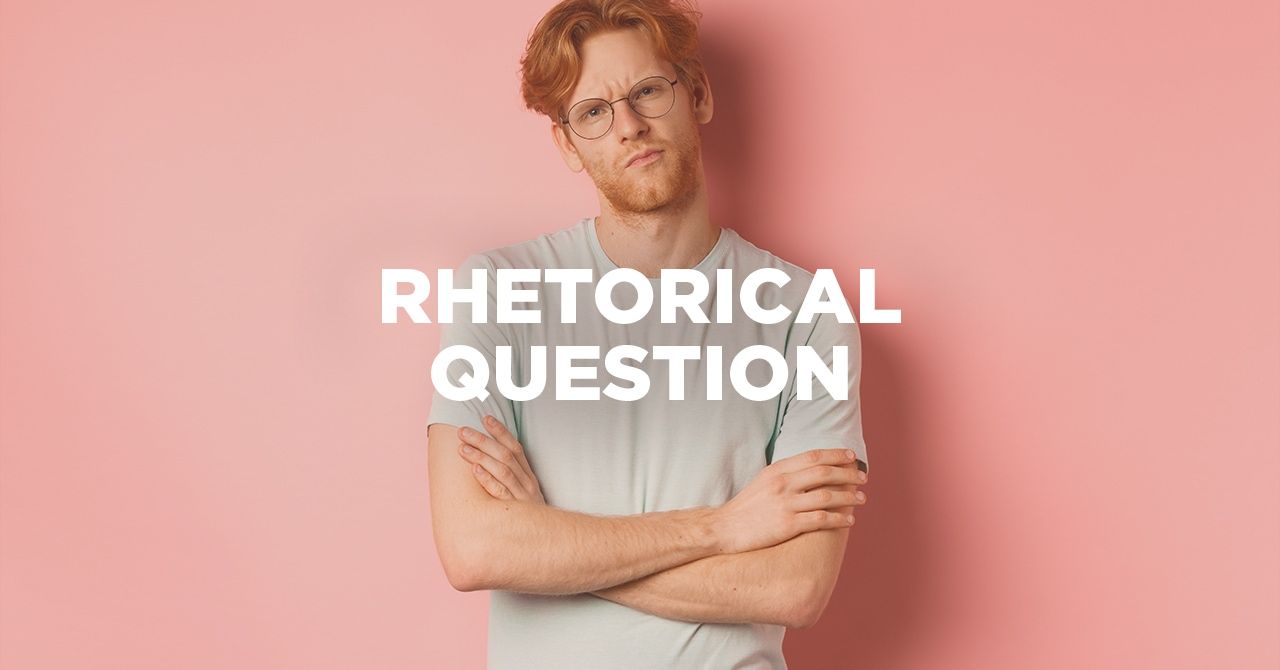English
Find lots of useful information for learning English. Don't miss our new articles.

How to Decide if a Comma Before “Because” is Necessary
Most of the time “Because” is considered a purpose clause that’s responsible for providing a purpose of the action stated in the independent clause. “Because” explains why something happened, which makes it subordinate to the beginning of the sentence, an independent clause.

Using a Comma Before “Such As”
If “such as” is a part of the essential clause, you don’t need to use a comma. After removing the part of the sentence that begins with “such as,” if the meaning does not change, you should use commas.

Understanding the English Greeting “How’s It Going?”
An English greeting can take many different forms and vary across countless contexts. By way of entry into the world of ways to greet someone, let’s take a phrase that is so common as to be essentially automatic: “How are you doing?”

How to Spell the Plural of Monkey—Monkeys or Monkies?
Words that end in y tend to be difficult to classify: the rules differ depending on the letters that surround them; and sometimes an s is merely tacked onto the end of the word, whereas in other cases the entire ending is transformed, most often to -ies.

The Opposite of “Opposition,” and Its Definition
Words that can be described as the opposite of opposition include agreement, yielding, acquiescence, apposition, retreat, surrender, sympathy, compatibility, team, accord, affection, agreement, harmony, obedience.

What is the Meaning of “On Tap?”
The phrase “on tap” has migrated out from its business of origin into the general English lexicon over the course of decades. What “on tap” means at a bar is slightly different to how it is used in everyday conversation, but the essence remains.

“A Unique” or “An Unique”?
The ideal rule is that “a” should be used before words with consonant sounds at the beginning and “an” before words with vowel sounds at the beginning.

The definition of a rhetorical question
A rhetorical question is a question that doesn’t expect an answer. It’s a figure of speech that usually comes as a question to emphasize a point, rather than to elicit a response.